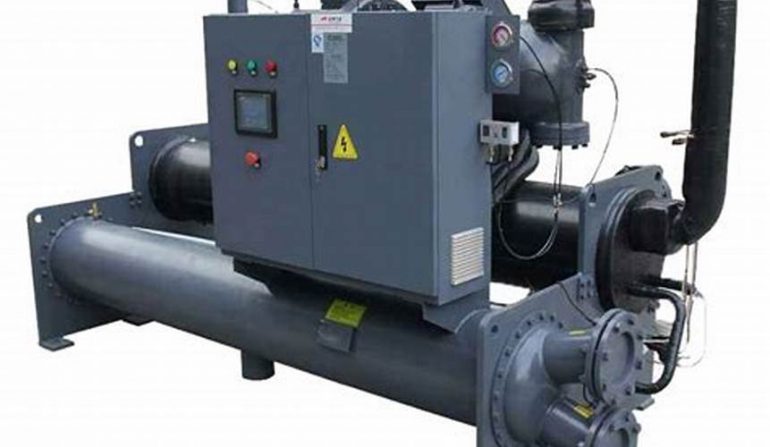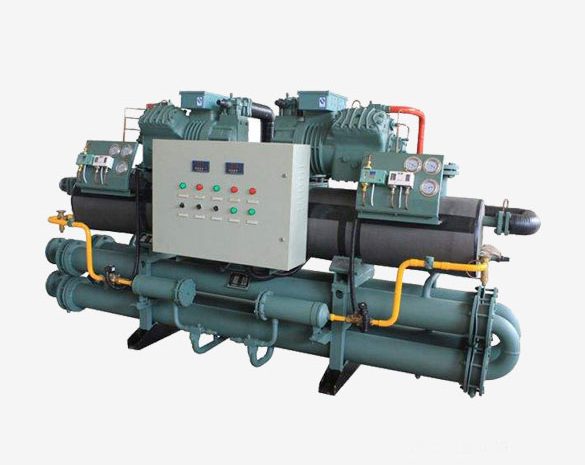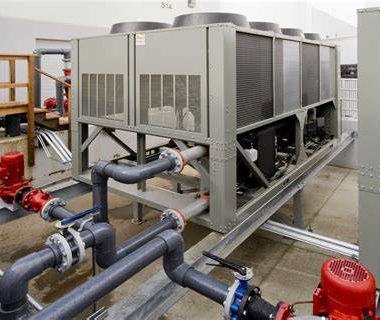Types of Chillers and Its Usage
Types of Chillers and Its Usage
Chillers come in various types, each designed for specific applications based on factors such as cooling capacity, energy efficiency, and the nature of the cooling load. Here are the different types of chillers and Its usage:
1. Air-Cooled Chillers:
Its Usage: It is ideal for applications where water availability is limited or costly and is most commonly used in smaller to medium-sized facilities, such as commercial buildings and data centers.
2. Water-Cooled Chillers:
Its Usage: A water-cooled chiller is suitable for applications with a consistent water supply. It is most commonly used in large-scale industrial units, manufacturing, and HVAC systems for commercial buildings.
3. Screw chillers:
Its Usage: More versatile and suitable for a wide range of applications, including industrial processes and commercial cooling, it is generally used in facilities with varying cooling demands.
4. Scroll Chillers:
Its Usage: Scroll chillers are suitable for medium-sized applications with moderate cooling demands, and they are used in commercial buildings, medical facilities, and process cooling.
5. Vapor-Compression Chillers:
Its Usage: Largely used across various applications due to their versatility, they are generally used in HVAC systems, industrial processes, and commercial facilities.
6. Centrifugal Chillers:
Its Usage: Most Ideal for large-scale applications with high cooling capacity requirements, it is generally used in industrial processes, large commercial buildings, and power plants.
7. Reciprocating Chillers:
Its Usage: It is generally used in industries with moderate cooling requirements, such as light manufacturing, but is also a cost-effective solution for smaller applications.
8. Absorption Chillers:
Its Usage: These chillers are suitable for applications where waste heat or low-grade heat is available and are highly used in industrial processes, hospitals, and district cooling systems.
Understanding the specific requirements of the application, energy efficiency goals, and available resources is crucial for selecting the most suitable type of chiller. Each type has its advantages and limitations, and the choice depends on factors such as the cooling load, environmental conditions, and overall system design.





